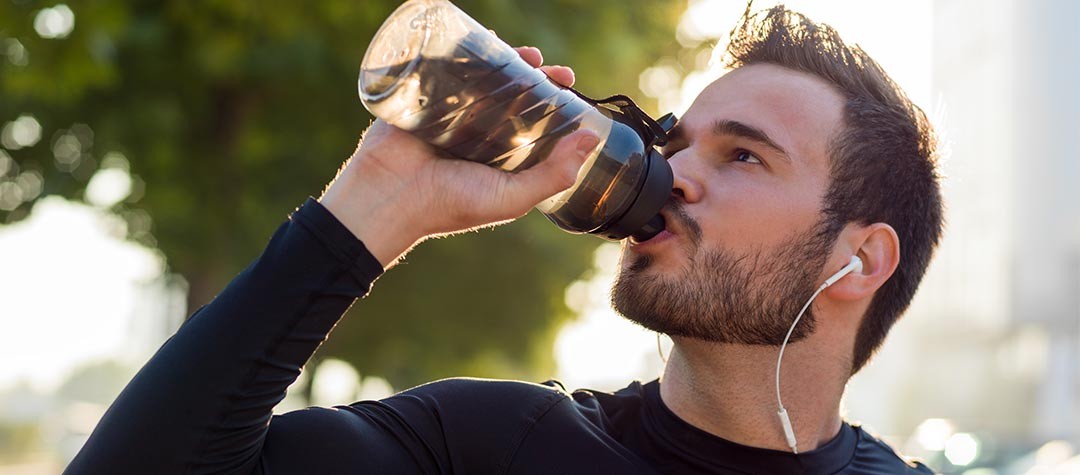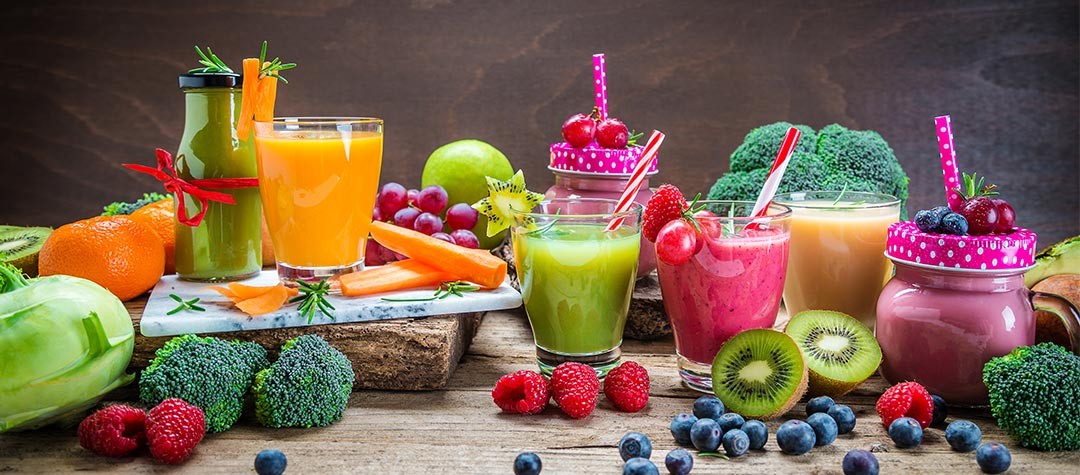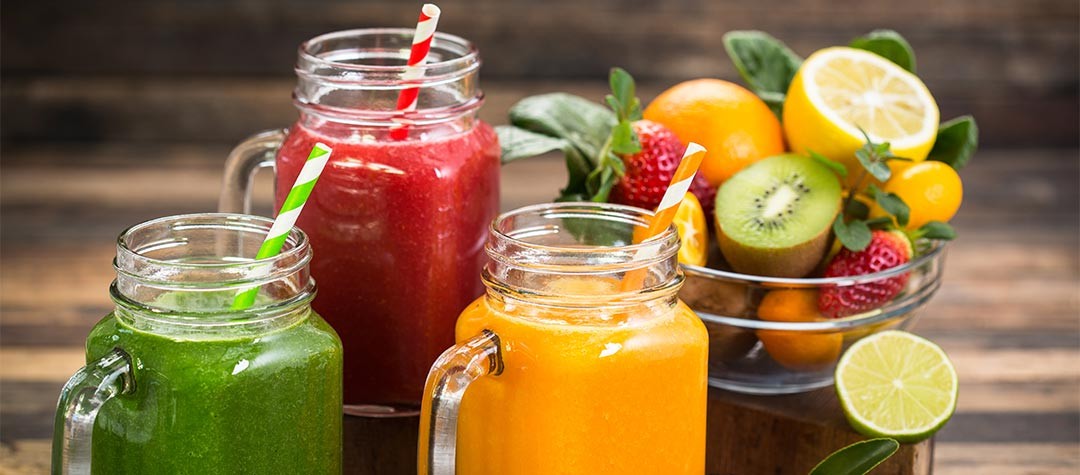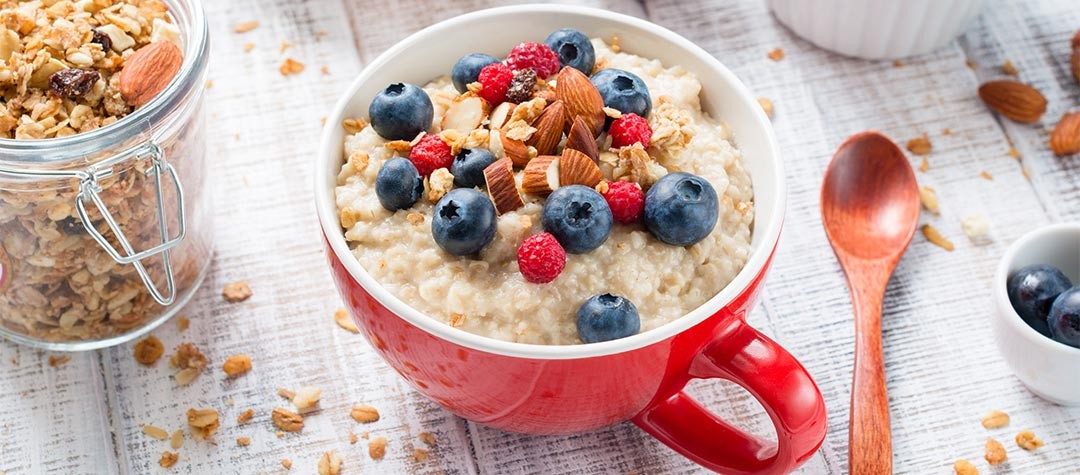Micronutrients are the vitamins and minerals that the body needs. Our brief guide to macronutrients will provide you with the essentials about the body's vitamin and mineral requirements.
Micronutrients are smaller than the macronutrients that compose our diet (fat, carbohydrate, and protein ). The macronutrients provide us with, among other things, calories to burn, whereas the micronutrients don't give us energy, but do have other essential functions.
Vitamins are essential for survival. They are organic (carbon-based) and can be broken down and altered by our bodies.
Types of vitamins
There are two types of vitamin: fat soluble and water soluble. Vitamins A, D, E and K are the fat soluble vitamins. These tend to circulate in the blood and any excess is stored in fatty tissue. This means that they are available whenever you need them and don’t need to be eaten everyday. On the other hand, it can be easier to ‘overdose’ on these vitamins.
Vitamin A : Our eyes, skin and immune system all benefit from vitamin A. It exists in two forms: in meat, as retinol; and in plants, in compounds called carotenoids. Good sources are meat, dairy products, cod liver oil, and orange coloured vegetables and fruit such as sweet potato, apricots and carrots. Pregnant women should avoid retinol-rich foods such as pâté and liver as they can be toxic to the foetus.
Vitamin D : An unusual vitamin, as the majority of vitamin D in the body comes not from food, but from sunlight. Vitamin D is made when UV rays hit the skin and is then used to help absorb calcium and maintain bone. This isn’t an excuse to start sun-worshipping though! It only takes around 10 minutes of sun on your face, arms and hands three times a week to get all the vitamin D you need. However, it is also found in some foods such as eggs, fish and fortified milk and spreads.
Vitamin E : An antioxidant , protecting the body’s cells from the toxic effects of oxidation. It also has a part to play in immunity. You can find vitamin E in green vegetables, whole grains, eggs, nuts, seeds and plant oils.
Vitamin K : Crucial for blood clotting. It is found in some foods such as cabbage and milk, but is also made by gut bacteria. Newborns (who have a sterile gut) are given vitamin K at birth as common practice.
The B vitamins and vitamin C are the water soluble vitamins. These circulate freely around the body, but are not stored — any excess is excreted in your urine. This means that they are less likely to reach toxic levels, but equally, you need to eat them regularly to create a ‘pool’ that your body can utilise as it needs.














